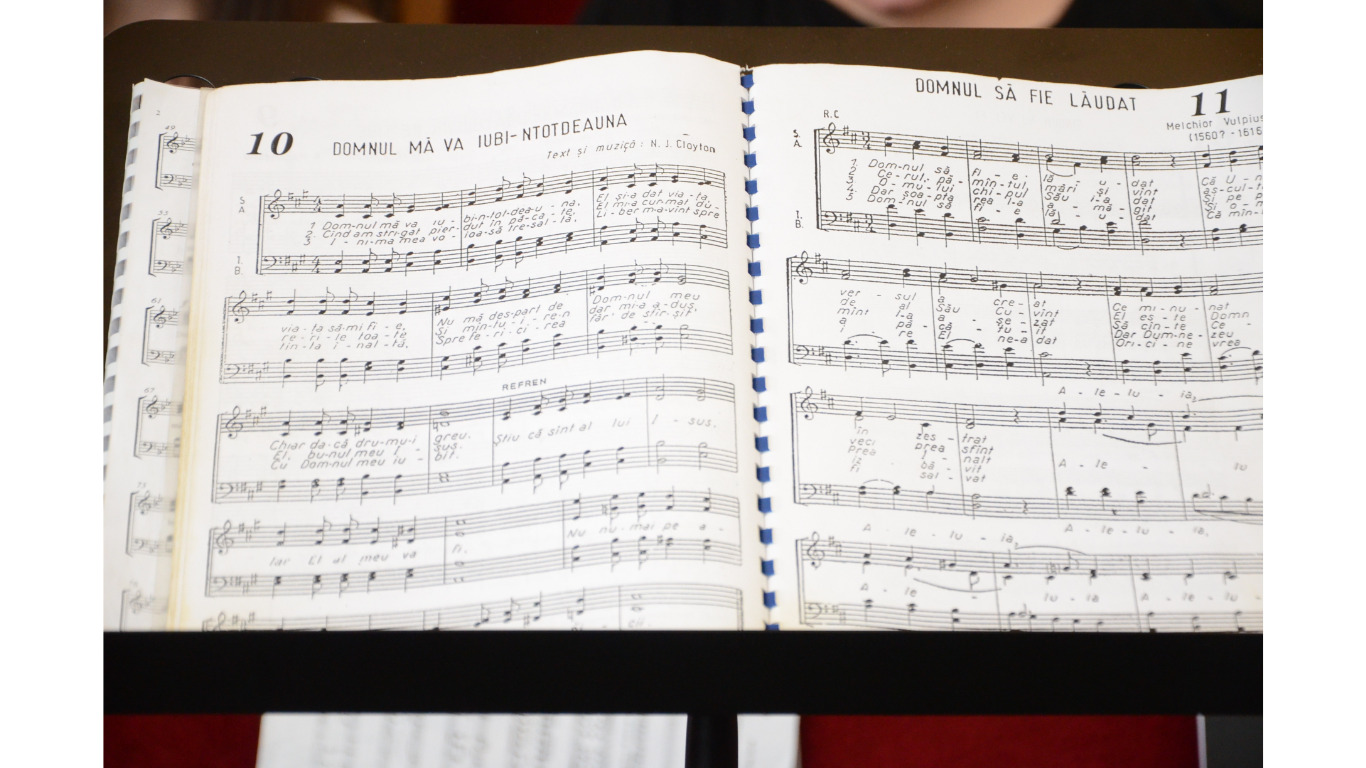
Phillis Wheatley, the pioneering African-American poet, left an indelible mark on American literature with her eloquent and thought-provoking poetry. Among her notable works is “On Imagination,” a poem that celebrates the power of imagination. Within this poem, Wheatley employs various poetic techniques to convey her message, including the use of inverted sentences in a rhyming couplet. In this article, we will explore Wheatley’s remarkable use of inversion and its impact on the poem.
Understanding Phillis Wheatley’s “On Imagination”:
Phillis Wheatley’s “On Imagination” is a short, contemplative poem that explores the boundless creativity of the human mind. Written during a time when African-American voices were rarely heard in literature, Wheatley’s poem is a testament to her intellectual prowess and poetic skill. The poem consists of ten rhyming couplets, each containing two lines that rhyme, creating a musical and rhythmic quality to her verses.
Identifying the Inverted Sentence:
Inversion in literature occurs when the typical word order of a sentence is reversed for stylistic or rhetorical purposes. It can emphasize certain words or create a more poetic or dramatic effect. The inverted sentence in “On Imagination” is found in the ninth rhyming couplet:
Original Sentence: “But ceas’d the heavenly music of the spheres,”
Inverted Sentence: “Ceas’d the heavenly music of the spheres, but…”
Analysis of the Inverted Sentence:
By inverting the sentence structure in this couplet, Wheatley draws attention to the cessation of the “heavenly music of the spheres.” This inversion serves to emphasize the moment when the celestial music stops, as if time momentarily stands still. The choice to place “Ceas’d” at the beginning of the sentence gives it prominence and highlights the interruption of something divine and beautiful.
The celestial music of the spheres was a concept borrowed from ancient Greek and Roman cosmology, where each celestial body, including the planets, produced a unique, harmonious sound as they moved through the heavens. Wheatley’s use of inversion in this couplet underscores the significance of this celestial music and the awe it inspires in the reader.
Conclusion:
Phillis Wheatley’s “On Imagination” is a testament to her poetic talent and her ability to use literary techniques effectively to convey her message. The use of inversion in the ninth rhyming couplet serves to emphasize the cessation of the “heavenly music of the spheres,” drawing attention to the moment when imagination, symbolized by the celestial music, is momentarily interrupted. It is through such poetic devices that Wheatley’s poetry continues to inspire and captivate readers, reminding us of her enduring contribution to American literature and her ability to craft profound and beautiful verses.



